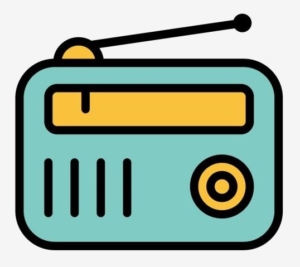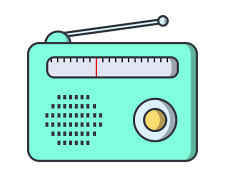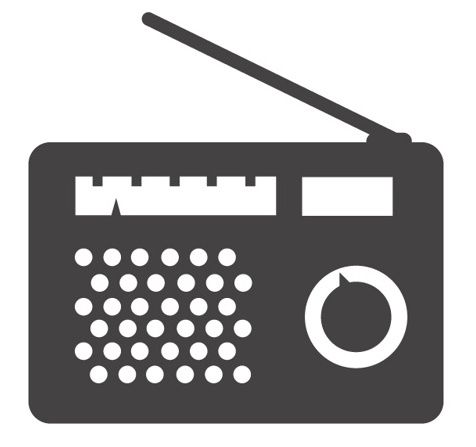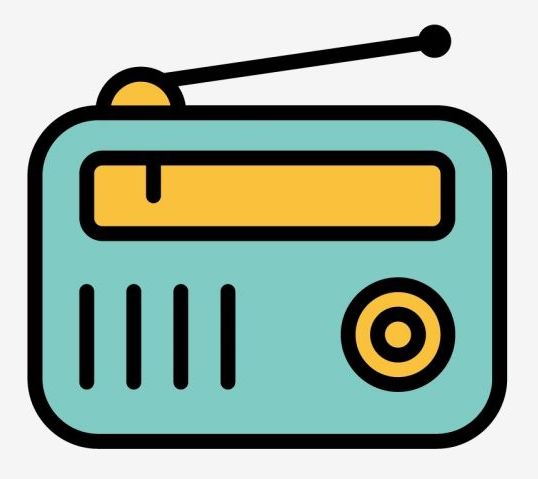Two birds, one stone – integrated Ebola and COVID prevention measures radio spot
This is a radio spot that addresses common prevention behaviors for both Ebola and COVID from Mali. The spot is available in 2 languages French and Bambara.
Sources:
This is a radio spot that addresses common prevention behaviors for both Ebola and COVID from Mali. The spot is available in 2 languages French and Bambara.
Sources:
Radio spot that provides a reminder on key preventive measures that supported preparedness in Cote d’Ivoire at the time of the 2021 Guinea outbreak.
Source: Ebola prevention reminders 2021
In these two audio recordings two local leaders ( an Imam and a Mayor) expressing their commitment to EVD prevention in their communities.
Sources:
This series of four radio spots in local languages of Guinea features messages for merchants, risks for hunters, cooking bush meat and signs and symptoms of Ebola. A selection of scripts are available in French and English.
Sources:
 This radio spot in 9 languages is part of the ‘Zero Ebola’ campaign in Mali and reminds the community of the hygiene practices that keep Ebola at bay. The radio script is available in French and English.
This radio spot in 9 languages is part of the ‘Zero Ebola’ campaign in Mali and reminds the community of the hygiene practices that keep Ebola at bay. The radio script is available in French and English.
Sources:
This radio spot in 9 languages discusses the importance of vaccination to protect against the spread of Ebola and EVD. Radio scripts are available in French and English.
Sources:
 These two radio spots target female and male heads of households in 9 languages, discussing how families can protect themselves against Ebola. French and English scripts are available.
These two radio spots target female and male heads of households in 9 languages, discussing how families can protect themselves against Ebola. French and English scripts are available.
Sources:
 This radio spot addresses the topic: “Why avoid direct contact during an Ebola outbreak?”, and is produced in 5 languages (French, Swahili, Kikongo, Lingala and Tshiluba).
This radio spot addresses the topic: “Why avoid direct contact during an Ebola outbreak?”, and is produced in 5 languages (French, Swahili, Kikongo, Lingala and Tshiluba).
Sources:
 This radio spot addresses the topic: “Can a woman cured of Ebola still breastfeed her children?”, and is produced in 6 languages (French, Swahili, Kikongo, Lingala, Tshiluba and Kinande).
This radio spot addresses the topic: “Can a woman cured of Ebola still breastfeed her children?”, and is produced in 6 languages (French, Swahili, Kikongo, Lingala, Tshiluba and Kinande).
Sources:
 This radio spot addresses the topic: “How are carriers involved in Ebola prevention?”, and is produced in 6 languages (French, Swahili, Kikongo, Lingala, Tshiluba and Kinande).
This radio spot addresses the topic: “How are carriers involved in Ebola prevention?”, and is produced in 6 languages (French, Swahili, Kikongo, Lingala, Tshiluba and Kinande).
Sources:

The Ebola Communication Network was originally developed by the Health Communication Capacity Collaborative (Cooperative Agreement #AID-OAA-A-12-00058) and expanded under Breakthrough ACTION (Cooperative Agreement #AID-OAA-A-17-00017) both under the leadership of Johns Hopkins Center for Communication Programs. This website is now maintained by Johns Hopkins Center for Communication Programs and its contents are the sole responsibility of CCP. The contents of this website do not necessarily reflect the views of USAID, the United States Government, or Johns Hopkins University.
